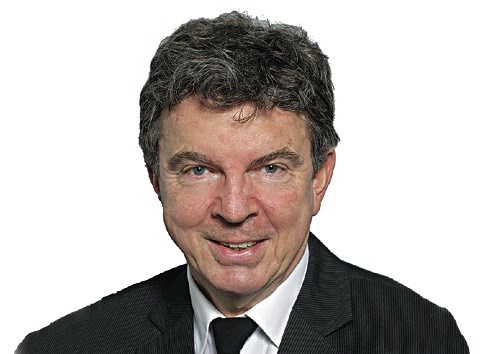sa¹úŒÊŽ«Ãœ Treaty Commissioners conducted their annual exercise Tuesday in banging their heads against the wall in frustration over minimal progress in negotiations.
The commission is the watchdog group that tries to keep the three sides â sa¹úŒÊŽ«Ãœ, sa¹úŒÊŽ«Ãœ and First Nations â on the same page. After 21 years of effort that has produced just two done deals, it has become an exasperating exercise.
Chief Commissioner Sophie Pierre summed up this yearâs message: âThereâs no need for more studies, letâs just get it done.â
Ottawa usually gets a generous helping of blame for the institutionalized wheel-spinning. But this year, sa¹úŒÊŽ«Ãœ was a target, as well.
âThe readiness of the provincial government to negotiate as well as to implement existing treaties is also raising concerns,â the commissionâs annual report said.
Budget limitations have hampered some talks, but thereâs also the established trend of signing interim deals with First Nations. Those one-off, specific sharing arrangements have their place, Pierre said. But thereâs a real concern that they constitute an apparent movement away from long-term solutions.
The commission cited the mandate Premier Christy Clark gave John Rustad when she named him aboriginal affairs minister in June.
It makes no mention of treaty negotiations. Instead, she urged him to continue securing non-treaty benefit agreements with First Nations, because they are a âgreat successâ and contribute to the jobs plan.
The commission said those types of deals are solid stepping-stones, but no replacement for full self-determination for First Nations.
While talks at the various tables inch along, the bills continue to mount.
When the process started in 1992, the governments agreed to fund First Nations negotiating teams by lending them 80 per cent of the funds needed, and granting 20 per cent.
About $471 million is now owed just for negotiating costs. The original terms have been extended over the years, but the debt is a lurking issue.
Some bands pulling out of talks need to have a clear path for dealing with the debt. They may want to enter equity arrangements with partners on resource deals, but canât borrow for such deals because they already face big negotiation debts for talks that didnât go anywhere.
Pierre said they need to be looking at ways to forgive those debts.
Negotiations have dragged on so long that the commission said the amount of money being offered some bands â the capital transfer â is potentially being eaten up by the necessity to repay the debt.
Itâs a problem that the federal government hasnât been willing to address.
The commission also noted that the principals of the three groups negotiating havenât met in 17 months.
Thereâs a new federal aboriginal affairs minister, Bernard Valcourt, and a new provincial minister, Rustad, as well as new leaders at the First Nations Summit.
âHow can the principals understand, discuss and find solutions to the challenges for good-faith negotiations if they do not meet regularly?â asked the commission.
In the past year, five First Nations conducted votes on agreements in principle, after years at the negotiating tables. Three of them passed, but two of them on Vancouver Island failed, which will lead to a year or more of pondering what to do next.
Dave Haggard, a treaty commissioner, said all the costs raise the question of whether the process is worth saving.
But he said the alternative is to spend millions in court cases. That was the situation that led to the treaty talks in the first place.
Haggard also ripped oil and gas companies trying to make their own deals, ârunning around with the spice of the moment as theyâre trying to hand out millions of dollars.â He said itâs âalmost laughable,â seeing them deal with native leaders â âthe first one through the door so they can buy off another Indian.â
âThatâs not how itâs going to happen with First Nations.â
The bands need fair and just settlements instead, he said.



